Tag: Frameworks
-
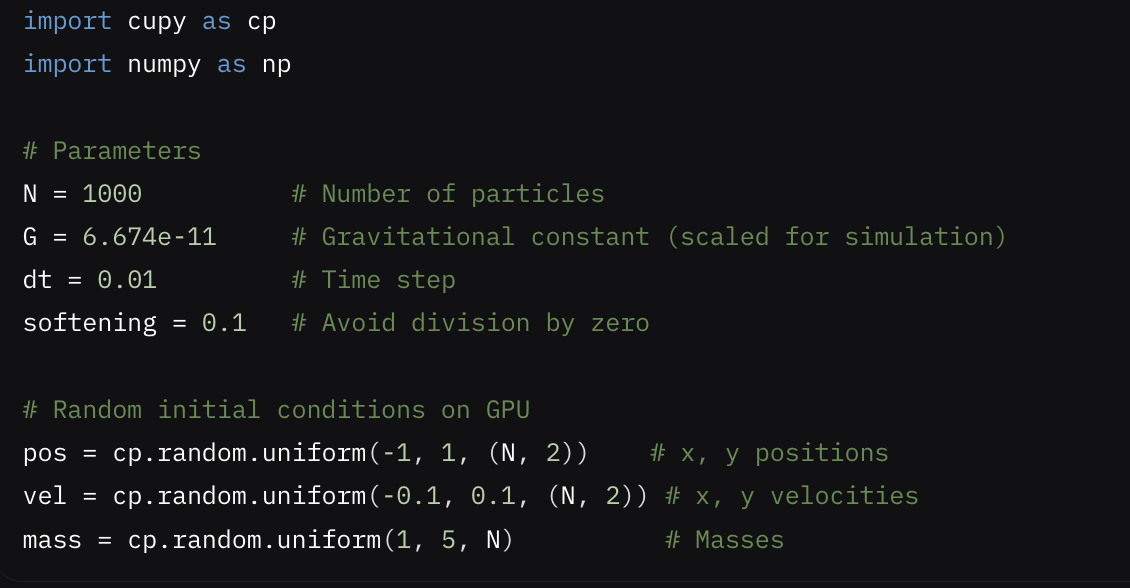
N-Body Simulation with CuPy: A GPU-Accelerated Approach
In this project, we’ll use CuPy to simulate an N-body gravitational system, where multiple particles interact under gravity. This is a classic physics problem that scales poorly with the number of particles on a CPU due to its (O(N^2)) complexity. CuPy’s GPU acceleration shines here, speeding up the pairwise force calculations. We’ll walk through the…
-

Dash: Python Framework for Building Interactive Web Applications for Data Visualization
1. Introduction Dash is an open-source Python framework for building interactive, data-driven web applications. Developed by Plotly, Dash is specifically designed for creating dashboards and analytical web apps that integrate seamlessly with Python data science workflows. It allows developers to build complex applications with minimal code, leveraging Python for both backend logic and frontend interactivity.…
-
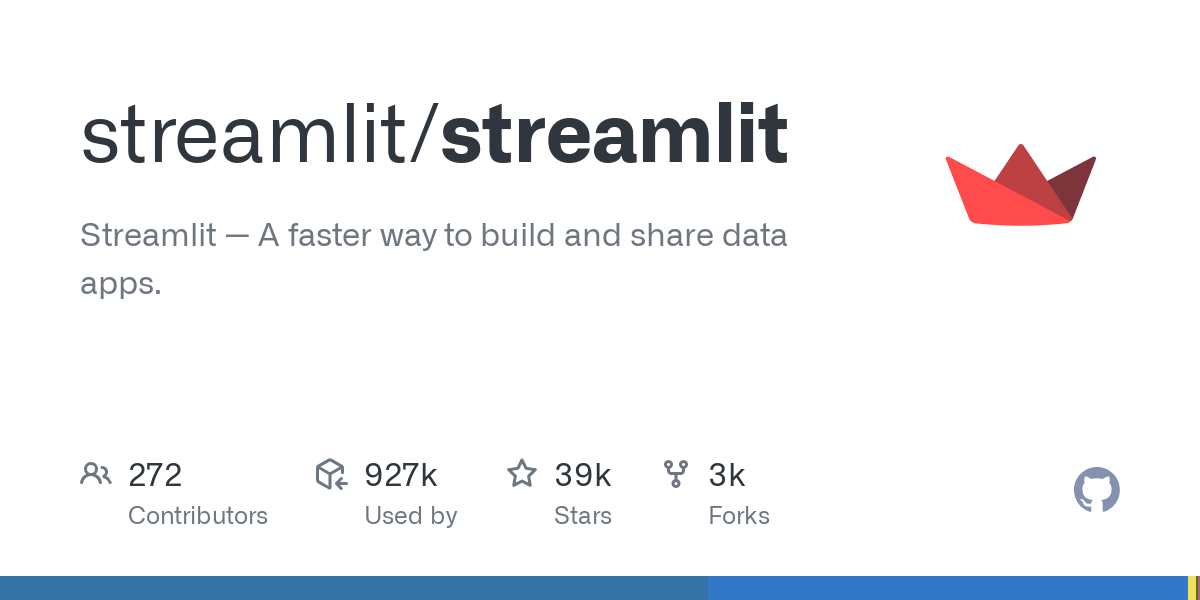
Streamlit: Python Framework for Building Interactive Web Applications for Data Science
1. Introduction Streamlit is an open-source Python framework designed for building interactive and data-driven web applications. It allows developers to create web apps for machine learning, data visualization, and analytics with minimal effort. Streamlit is widely used in data science and machine learning workflows for creating dashboards, prototypes, and tools to share insights and models.…
-

Flask: Lightweight Python Web Framework for Building Scalable Web Applications
1. Introduction Flask is a lightweight and flexible Python web framework designed for building web applications and APIs. Unlike Django, Flask follows a “micro-framework” philosophy, providing only the essential tools for web development while allowing developers to choose additional components as needed. Flask is widely used for building scalable and modular applications, ranging from simple…
-

Theano: Python Library for Efficient Numerical Computation
1. Introduction Theano is an open-source Python library for numerical computation, particularly designed for deep learning and scientific computing. It allows users to define, optimize, and evaluate mathematical expressions involving multi-dimensional arrays efficiently. Theano is widely used in academia and industry for tasks such as neural network training, symbolic differentiation, and GPU-accelerated computation. Although Theano…
-
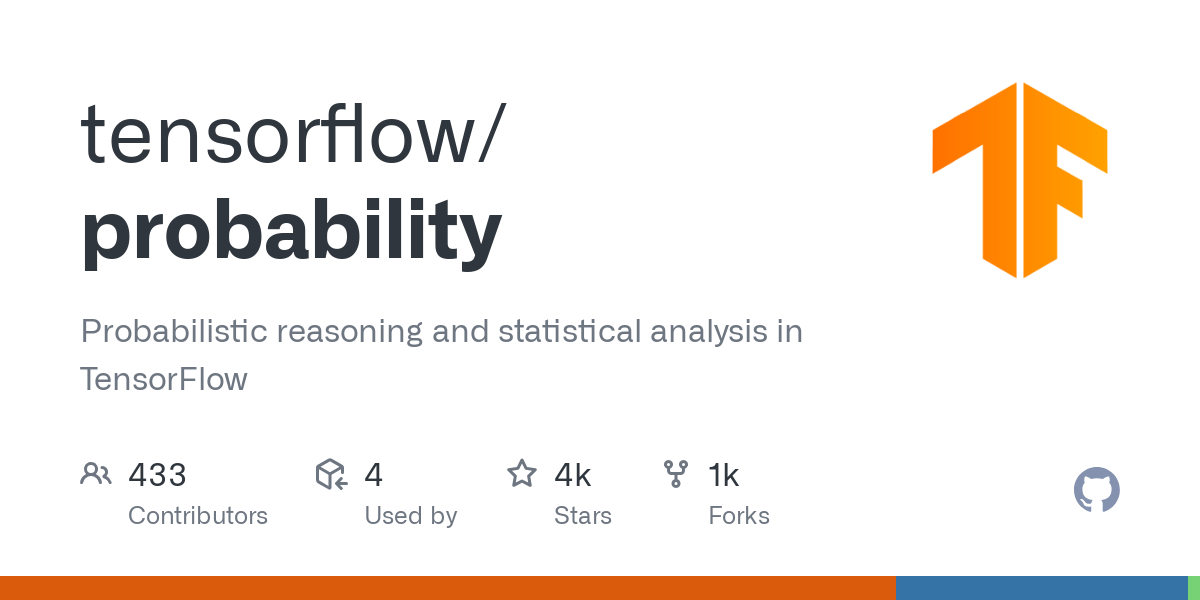
TensorFlow Probability: Probabilistic Programming and Statistical Inference Library
1. Introduction TensorFlow Probability (TFP) is an open-source Python library built on TensorFlow, designed for probabilistic programming and statistical inference. It provides tools for defining probability distributions, performing Bayesian inference, and building probabilistic models. TFP is widely used in machine learning, finance, healthcare, and scientific research for tasks that require uncertainty quantification and probabilistic reasoning.…
-
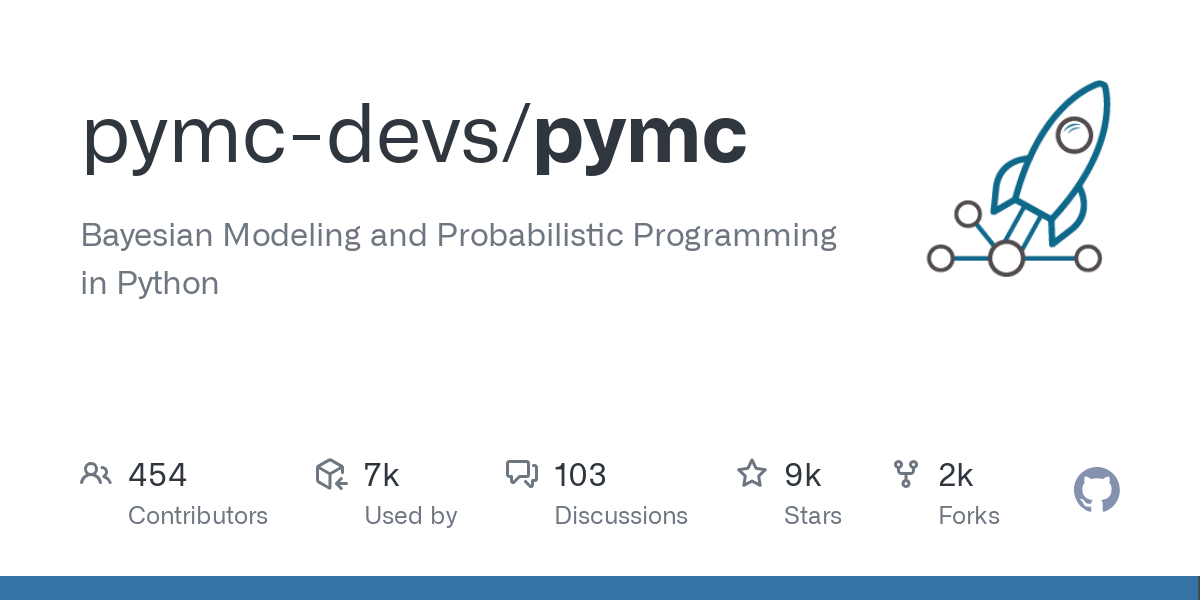
PyMC: Probabilistic Programming Library for Bayesian Inference
1. Introduction PyMC is an open-source Python library for probabilistic programming and Bayesian statistical modeling. It allows users to define complex probabilistic models using intuitive syntax and perform inference using advanced sampling algorithms like Markov Chain Monte Carlo (MCMC) and Variational Inference (VI). PyMC is widely used in fields such as machine learning, epidemiology, finance,…
-
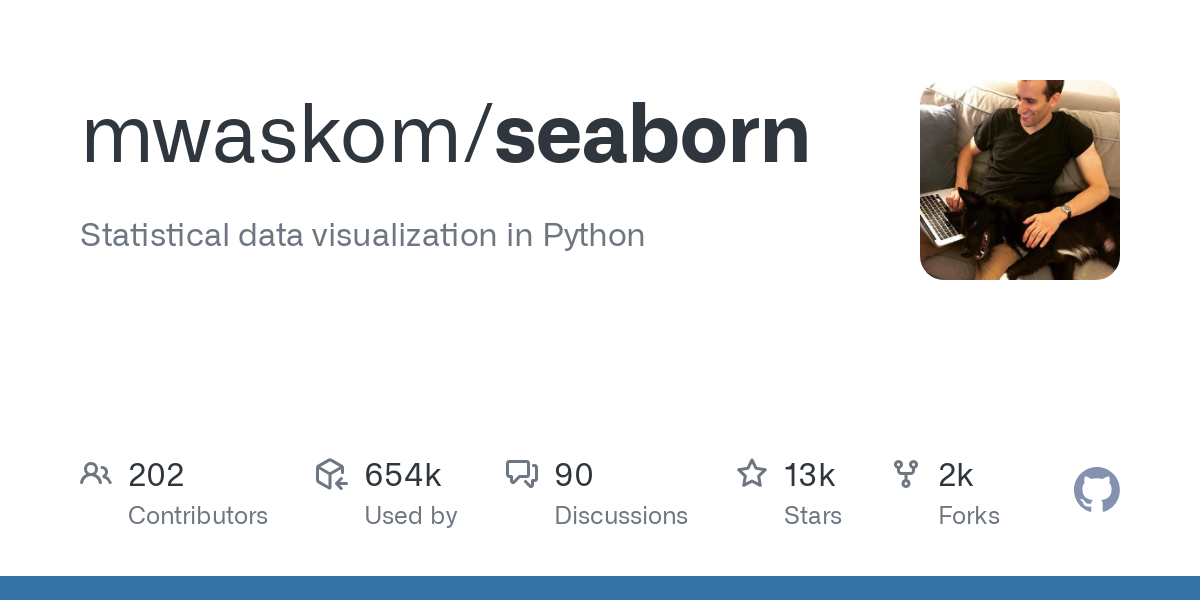
Seaborn: Statistical Data Visualization Library for Python
1. Introduction Seaborn is an open-source Python library built on top of Matplotlib, designed for creating attractive and informative statistical graphics. It simplifies the process of visualizing complex datasets and is widely used in data science, machine learning, and research workflows. 2. How It Works Seaborn provides high-level functions for creating common statistical plots, such…
-
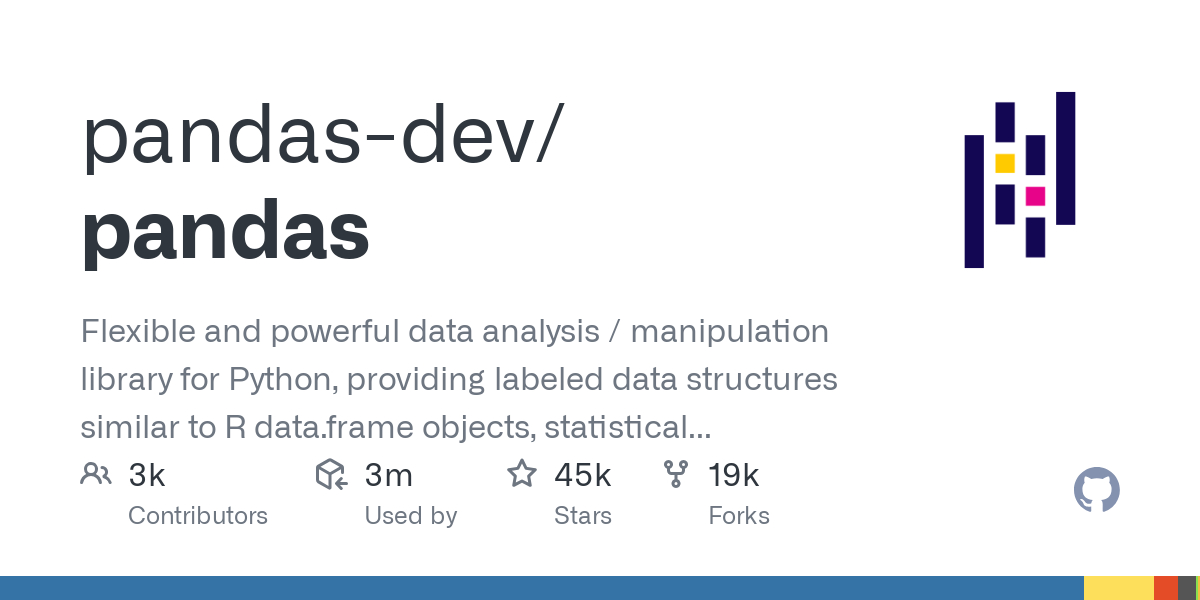
Pandas: Powerful Data Analysis and Manipulation Library
1. Introduction Pandas is an open-source Python library designed for data manipulation and analysis. It provides data structures like DataFrame and Series that are optimized for handling structured data. Pandas is widely used in data science, machine learning, finance, and other fields requiring efficient data processing. 2. How It Works Pandas is built on top…
-
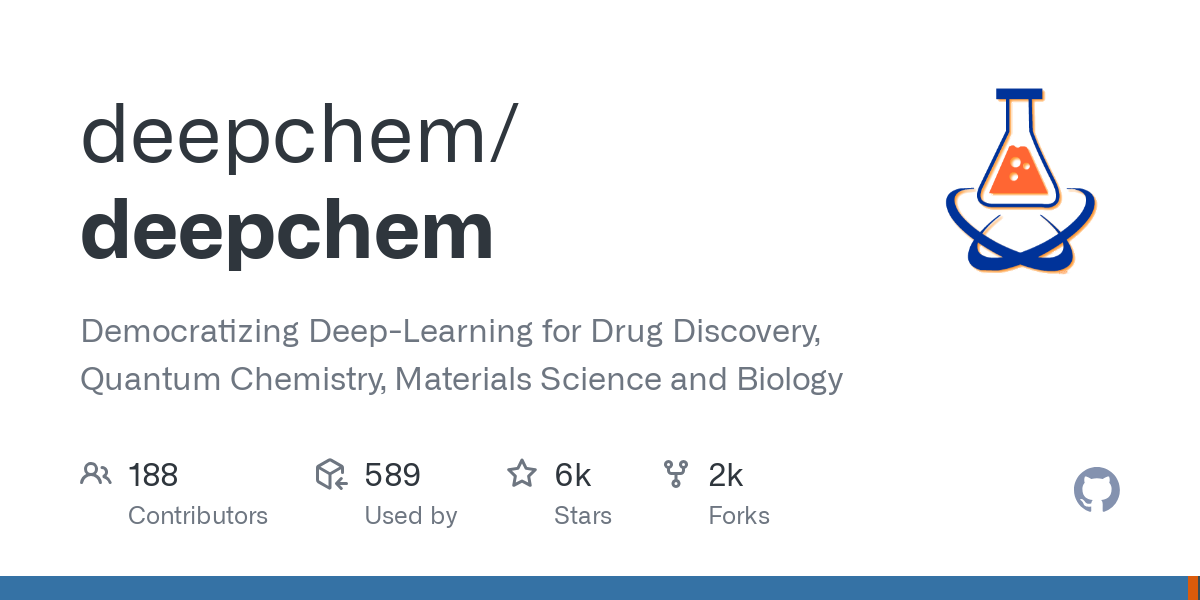
DeepChem: Open-Source Toolkit for Drug Discovery and Molecular Machine Learning
1. Introduction DeepChem is an open-source Python library designed for applying machine learning to drug discovery, quantum chemistry, and material science. It provides tools for handling molecular data, training models, and evaluating predictions, enabling researchers to tackle challenges like molecular property prediction, drug design, and protein-ligand binding analysis. DeepChem is widely used in academia and…
-
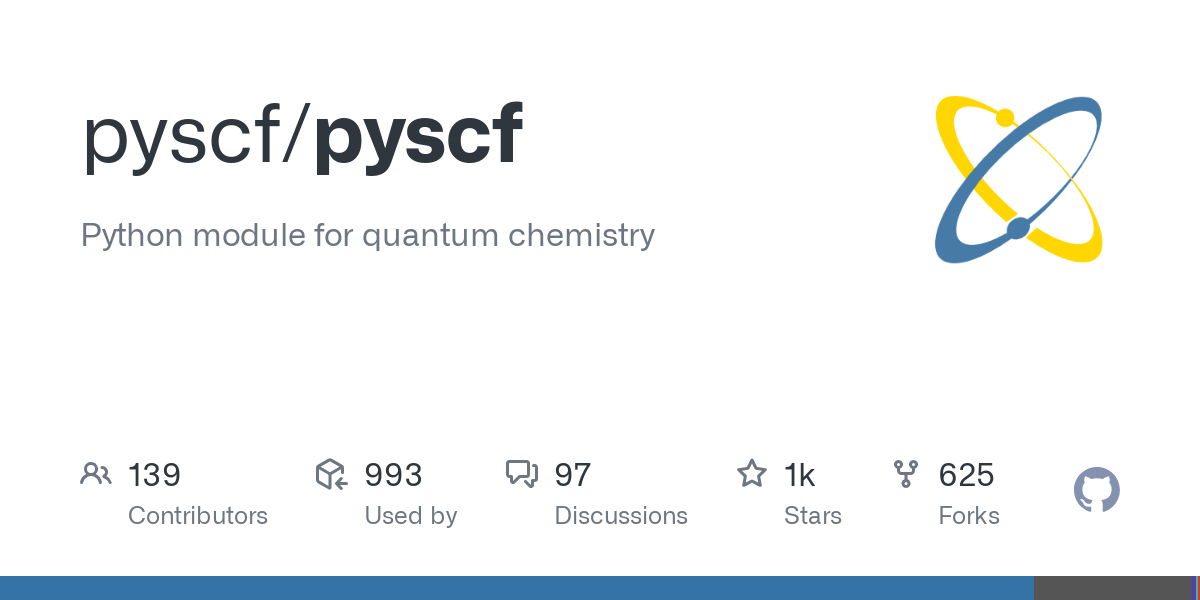
PySCF (Python-based Simulations of Chemistry Framework): A Library for Quantum Chemistry Simulations
1. Introduction PySCF is an open-source Python library for quantum chemistry simulations. It provides a comprehensive set of tools for electronic structure calculations, including Hartree-Fock (HF), Density Functional Theory (DFT), and advanced post-HF methods like Coupled Cluster (CC) and Configuration Interaction (CI). PySCF is highly modular and extensible, making it ideal for researchers exploring molecular…
-
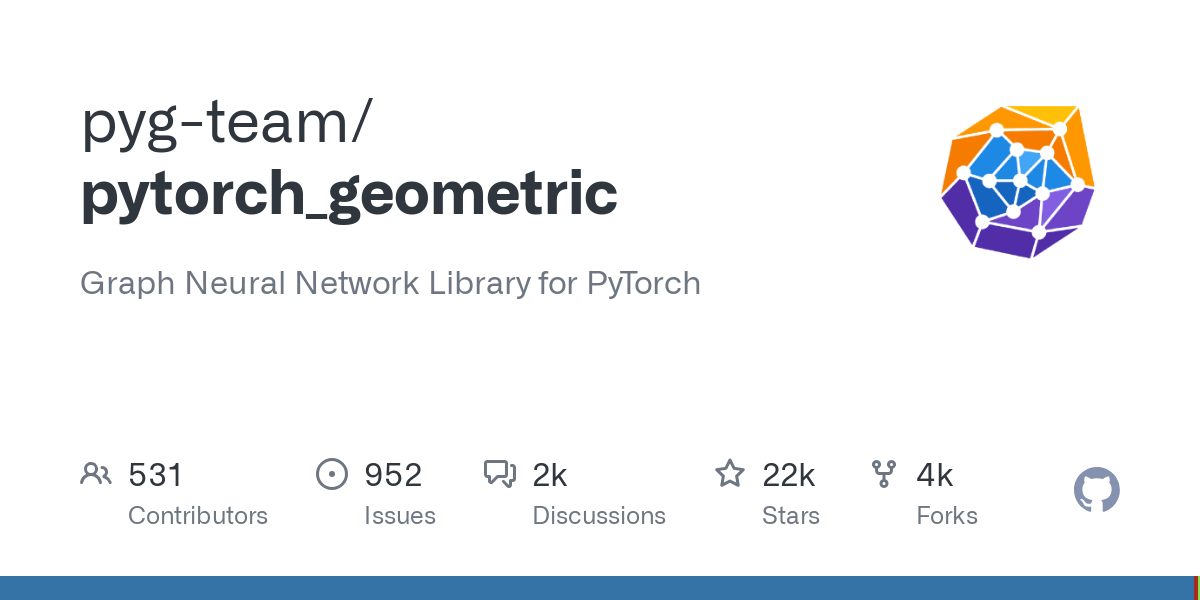
PyG (PyTorch Geometric): A Library for Graph Machine Learning
1. Introduction PyTorch Geometric (PyG) is an open-source library for building and training graph neural networks (GNNs) using PyTorch. It provides tools for working with graph-structured data, enabling applications in social network analysis, molecular modeling, recommendation systems, and more. PyG supports a wide range of GNN architectures, including Graph Convolutional Networks (GCNs), Graph Attention Networks…
-
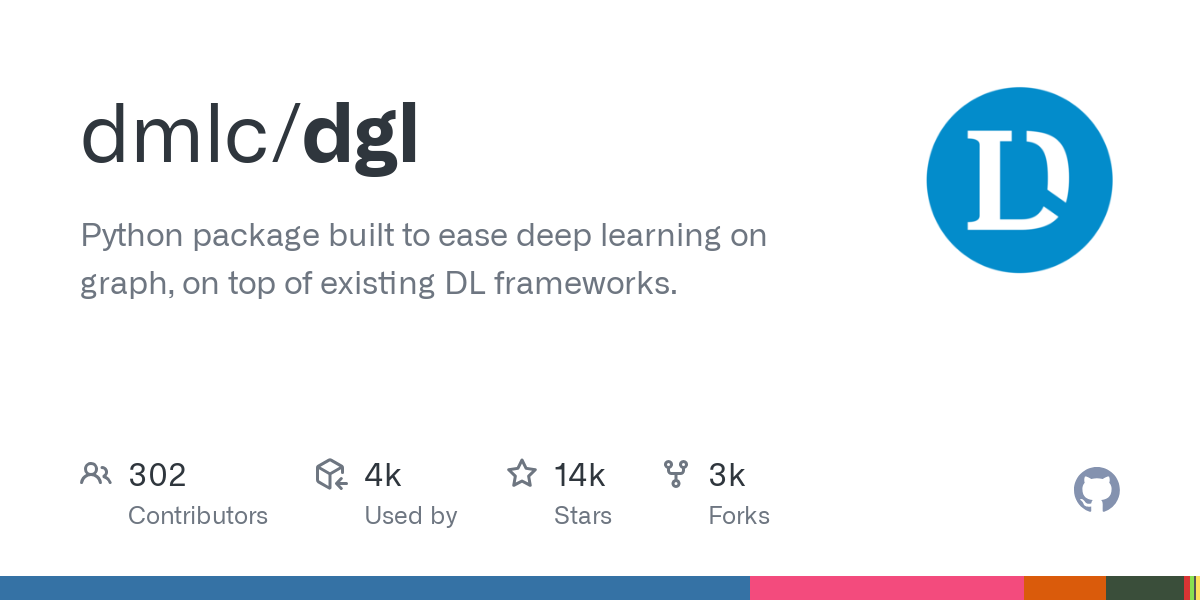
DGL (Deep Graph Library): A Framework for Graph Neural Networks
1. Introduction DGL (Deep Graph Library) is an open-source Python library designed for building and training graph neural networks (GNNs). It provides a flexible and efficient framework for working with graph-structured data, enabling applications in social network analysis, recommendation systems, molecular modeling, and more. DGL is built on top of popular deep learning frameworks like…
-
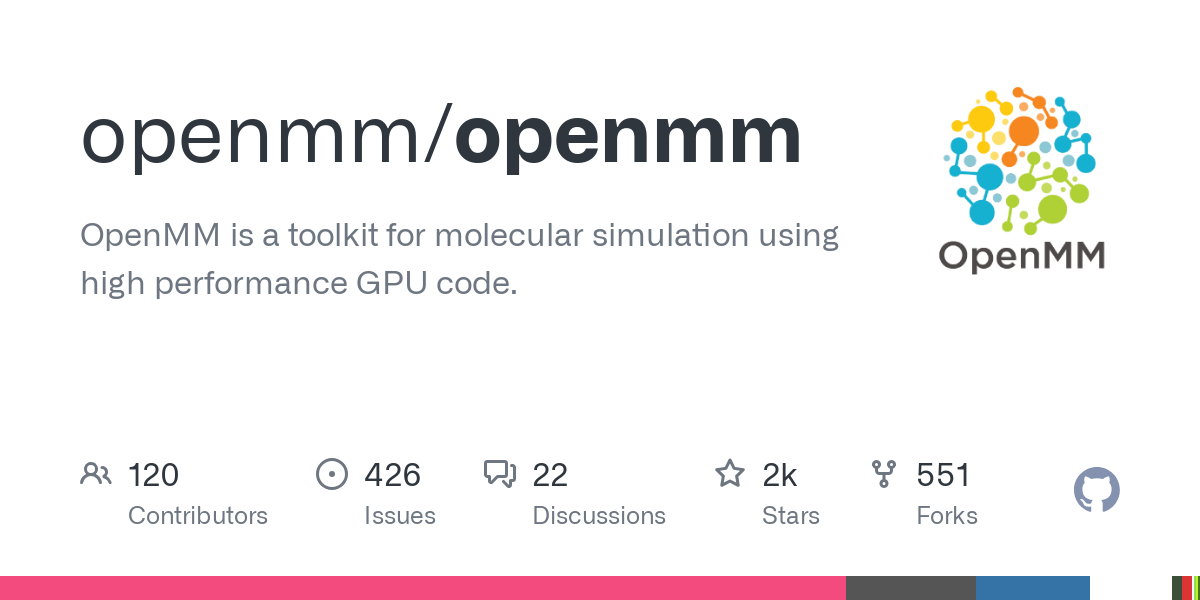
OpenMM: High-Performance Molecular Dynamics Simulation Toolkit
1. Introduction OpenMM is an open-source toolkit for molecular dynamics simulations, designed to enable high-performance computations on GPUs and CPUs. It is widely used in computational chemistry, biophysics, and material science for simulating molecular systems and studying their behavior. OpenMM provides a flexible Python API for defining systems, running simulations, and analyzing results, making it…
-
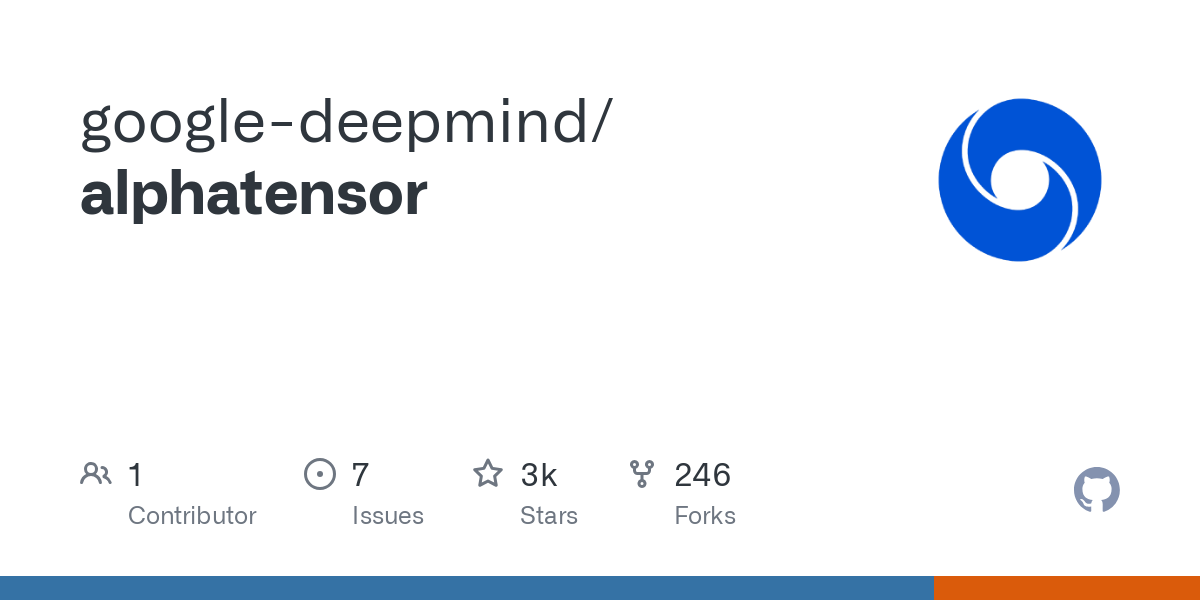
DeepMind AlphaTensor: AI for Optimizing Matrix Multiplication
1. Introduction AlphaTensor, developed by DeepMind, is a groundbreaking AI system designed to discover efficient algorithms for matrix multiplication. Matrix multiplication is a fundamental operation in machine learning, physics simulations, and computer graphics, and optimizing it can significantly reduce computational costs. AlphaTensor uses reinforcement learning to explore and identify novel algorithms that outperform human-designed methods.…
-
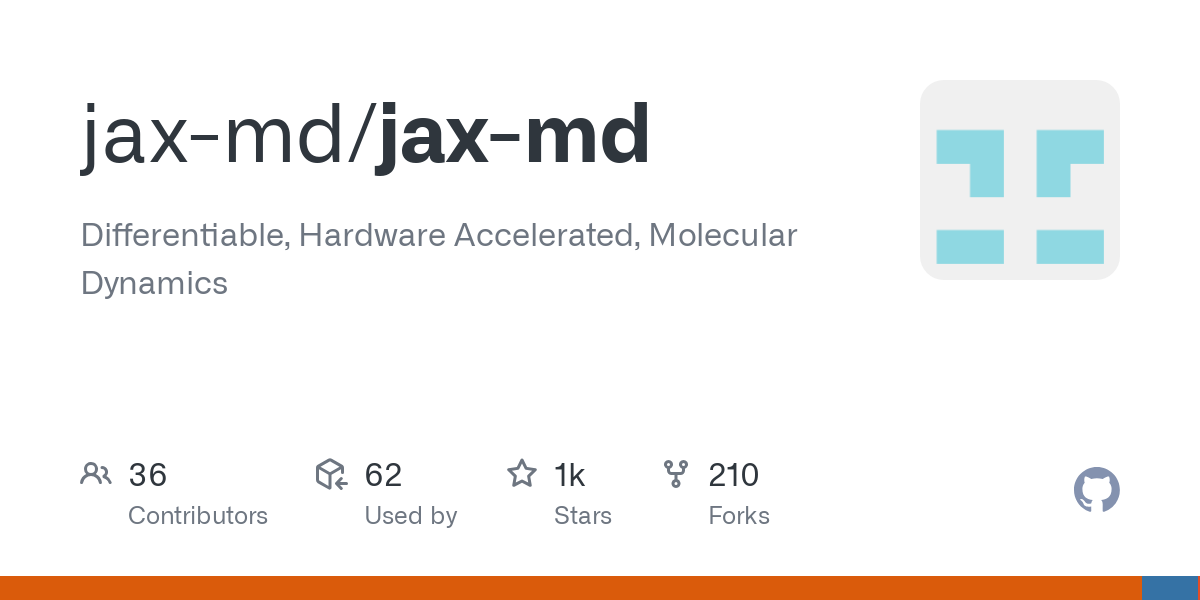
DeepMind JAX MD: Accelerating Molecular Dynamics Simulations with AI
1. Introduction JAX MD is an open-source library developed by DeepMind for performing molecular dynamics simulations using JAX. It combines the power of physics-based modeling with modern machine learning techniques to simulate atomic and molecular systems efficiently. JAX MD is designed for researchers in physics, chemistry, and material science, enabling applications in drug discovery, nanotechnology,…
Recent Posts
- Accelerating Image Convolution with CuPy
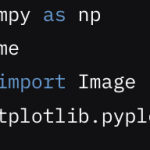
- Estimating π with a Monte Carlo Simulation Using CuPy

- N-Body Simulation with CuPy: A GPU-Accelerated Approach
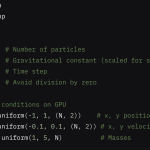
- Building a 2D Heat Equation Simulation with CuPy: A Step-by-Step Guide
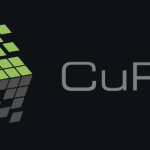
- Dash: Python Framework for Building Interactive Web Applications for Data Visualization
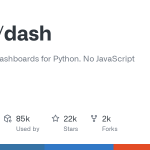
Tags
Ai's Ai tools AlphaFold API Applications Artificial intelligence Building Clouds Frameworks Generative github High-Performance Infrastructures LangChain Large Language Models lib Library Models Open-sources Prediction project Protein structure python simulation transformers
Comments
CuPy brings serious GPU power to Python—numpy on steroids! ⚡🐍💥
JAX MD is pushing molecular simulations into the future with AI precision! 🧬⚙️🤖